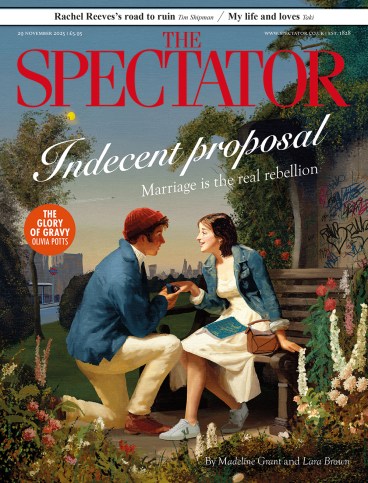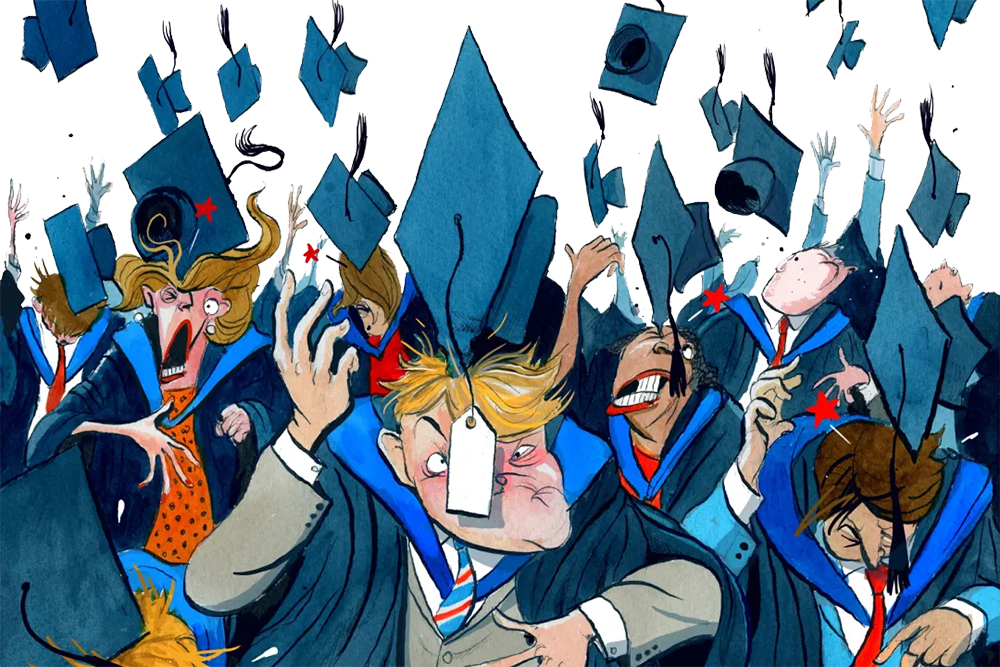
A few years ago my employer, the advertising agency Ogilvy, introduced a recruitment scheme called ‘The Pipe’. It was a ‘non-graduate’ recruitment scheme, the name a pun on the smoking implement of choice of the company’s founder, David Ogilvy. Ogilvy himself was kicked out of Oxford in 1931, so this seemed doubly appropriate.
The idea was conceived and promoted by two people in our creative department alarmed by the risk of monotone uniformity which results from formalised, risk-averse recruitment procedures. Our aim, in short, was to introduce a kind of stereophonic sound to hiring.
Just to be clear, we did not exclude university graduates from applying: it was simply that a degree was not mandatory. It was likely that people who secured these jobs would initially fill slightly different roles from those recruited through the standard graduate channels, but in the longerterm there was nothing to prevent them going to the very top. Ours is a little like the restaurant industry in that there is nothing to stop you starting in the kitchen and ending up in the boardroom. (People disparage ‘McJobs’, but the fast-food industry is more meritocratic than almost any other business.)
Besides, rather like cobalt-60, university degrees have a half-life of a few years. Over time, your degree becomes less and less important, as the early proxy metric is overshadowed by real-world data about your performance. This is even true in activities where your degree is directly relevant to your job. (I asked a friend in banking how long he had been working before his Cambridge first in mathematics became mostly peripheral to his job prospects; he thought it was about four to five years.)
But when we ran The Pipe, a strange thing often happened which we had not anticipated. We would offer jobs to people who had already been awarded graduate degrees and they would either turn us down or accept with trepidation. Their reasoning was simple: ‘I have just accumulated £50,000 of debt to attain a degree. If I then accept a job which does not explicitly require a degree, I feel as though I have wasted my money.’ It was a kind of sunk-cost bias. Logically, a degree should only broaden your job opportunities. In fact, it may implicitly limit them.
Some higher education is the equivalent of a nice interview suit which costs £50,000 and takes three years to make
I can understand how they felt. Nevertheless, it shows up two things which are highly problematic about modern education. The expansion of further education was predicated on the idea that attaining a degree adds human capital to the recipient, making them better at any future job they undertake. If this were true, then no one would care whether or not their employer required a degree – their qualification would simply enhance their career prospects wherever they found themselves working. This is almost certainly true of some secondary education. A counter-theory is that much of higher education does not so much add skills that are useful in the workplace, as simply act as a sorting hat, selling credentials to those applying for first jobs – the equivalent of a nice interview suit which costs £50,000 and takes three years to make.
Our applicants’ reaction suggests the latter is true. Moreover, it reveals a bigger problem. We may have created a huge horde of job-seekers unwilling to accept any employment which is not officially designated as ‘for graduates only’. Just as the economy needs more makers, doers and fixers, our graduating cohorts are desperate to find employment as bureaucrats and box-tickers – jobs that for some reason unfailingly require a degree… indeed, where a degree is somehow much more important than any understanding of the practical realities of the people doing the actual work.








Comments